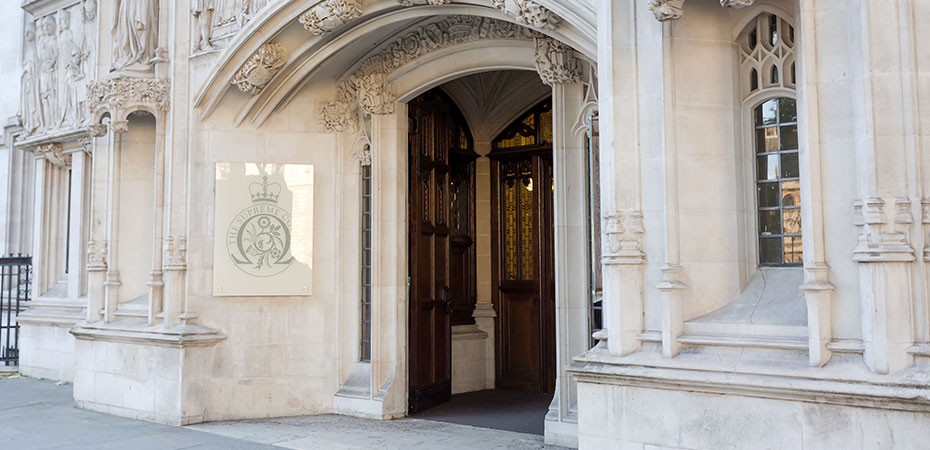In a few weeks MPs will be asked to vote to approve the Withdrawal Agreement and political declaration on a future trade deal negotiated by the government. At present, the mood music is that many – both pro- and anti-Brexit – dislike the package. However, whether or not they vote against it will, in large part, depend on what they believe the consequences will be if it is rejected.
A sizable proportion are likely to vote for the deal on the basis that no better terms are available from the EU with the only alternative being a no-deal Brexit for which the UK is unprepared. Indeed that narrative pretty much sums up the government’s current strategy for getting the deal through the House of Commons.
Against that background, the Supreme Court’s decision today to refuse the government permission to appeal in the Wightman case is potentially very important.
We have previously discussed the background to Wightman on this blog. It is a case brought by a cross-party group of elected representatives including MPs, MEPs and MSPs in order to secure a decision on whether or not the UK can unilaterally revoke its notice of intention to leave the EU under Article 50. In essence, it is about whether the UK could stop Brexit if it wanted to.
The Inner House of Session referred the question to CJEU for a preliminary ruling and CJEU is due to hear the case on 27 November. It is that referral that the government sought to appeal.
However, the Supreme Court refused permission to do so on the basis that, under section 40 of the Court of Session Act 1988, it only has jurisdiction to hear appeals against the ‘final judgment’ in any proceedings. The decision to refer the question to CJEU is not a final judgment as once CJEU has given its view it will then be for the Scottish Court to make its final determination. It is the latter that will then be capable of appeal.
The upshot of the Supreme Court’s decision is that we can expect a view from CJEU as to whether or not the UK can reverse out of Brexit. If it says that such a reversal is possible, suddenly those MPs who like neither the current deal nor a hard Brexit are presented with a third option – to reject the deal and instruct the government to revoke the Article 50 notification to halt the Brexit process.
The means by which MPs would do so is linked to the debates around the Parliamentary process under which the vote on the Withdrawal Agreement will take place as it will depend on whether or not they can amend the motion which is put before them for a vote. We have explained that issue in a previous blog. The question of an amendable motion therefore assumes even more significance.
Of course whether MPs do ultimately decide to reject the deal and remain in the EU will depend on a multitude of political factors – not least the feeling that the decision in the 2016 referendum must be respected – and there are a number of results that a rejection could have, including a general election or second referendum. However, today’s Supreme Court decision potentially allows those who do not wish to see a no-deal Brexit to vote down the current deal. It also emboldens those who want a second referendum, with remaining in the EU on the ballot.
Given the current Parliamentary arithmetic, the government will need to redouble its efforts to secure support for the deal – and, despite its protestations, we may see it asking for sweeteners from the EU to make it more palatable to MPs on both sides of the Brexit debate.
Need more information on Brexit? Read our blogs on public law and regulation or contact our Government sector team.
